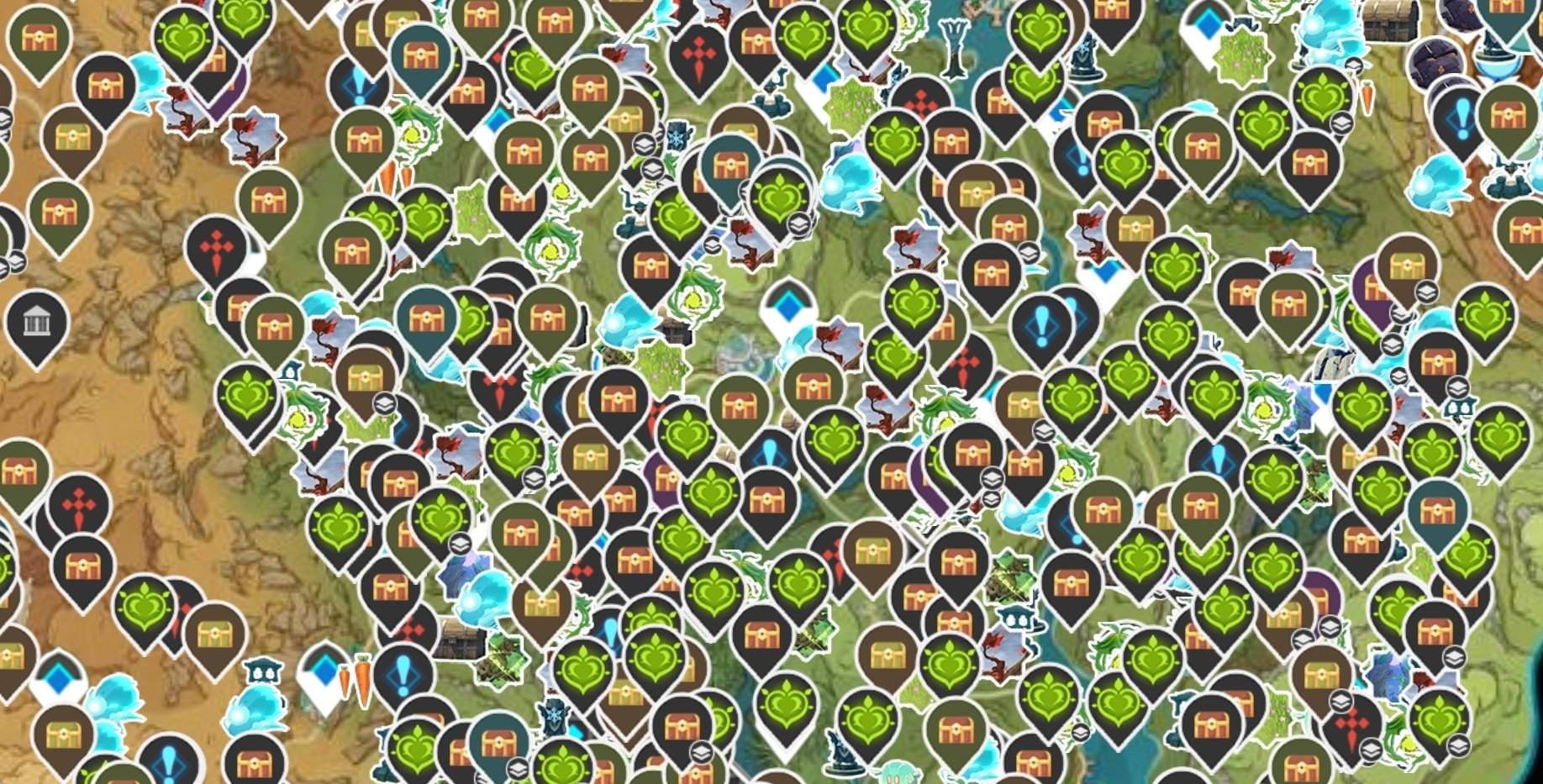But your normie friends and family would fit in a lot better if they simply read some T H E O R Y.
Stovetop
Until they change the name and voice and have a whole fleet of elderly AI chatbots.
Depends on how one frames it. It's not the Stallman-defined "GNU+Linux" pureblood OS, but it nevertheless is built from a modified version of the Linux kernel.
And like any OS it can be made private and secure with the right components...or it can be cracked open like a data-farming egg without them.
I guess I can just take the low-hanging fruit and invoke Ubuntu as an alternative example, which was once something of a Linux entry point but has become more than fine collecting user data.
Ironically a Linux-derived OS.
It's always good practice to be careful who you trust with your data. Open =/= private. More choices helps, though.
TSMC hates this one easy trick!
I realized this idea long, long ago, when Rare made Banjo-Tooie.
Banjo-Kazooie was a fun game. You unlock worlds, go to the world, collect 100% of all there is to collect, then continue.
Banjo-Tooie, its sequel, wanted to be bigger and better in every way. Sprawling open world hub, much larger worlds with more sub-zones, interconnectivity between worlds, more things to unlock, more things to do, etc. etc.
And I think, despite having so much more, it was a worse game for it. You go to a new world but find there's a lot you can't do yet because you didn't unlock an ability that comes later on. You push a button in one world and then something happens in another, but now you have to backtrack through the sprawling overworld and large world maps to get there.
And this was just a pair of games made for the Nintendo 64, before the concept of "open world" had really even taken off.
But it demonstrated to me that bigger was not always better, and having more to do did not make it a better game if it wasn't as enjoyable.
Early open world games were fairly small, and the natural desire for people who have seen everything becomes "I wish there was more," but in practice it ends up typically being that they take the same amount of stuff and divide it up over a larger area, or they fill the world with tedium just for the sake of having something to do.
When looking at the collectibles and activities on a world map like Genshin Impact, it's basically sensory overload with how much there is to do.

But almost all of that is garbage. And this is just a fraction of one region among several. Go here, do this time trial, shoot these balloons, follow this spirit, solve this logic puzzle, and then loot your pittance of gatcha currency so you can try to win your next waifu or husbando before time runs out.
And don't forget to do your dailies!
If a game has a large world, it needs to act in service to its design. It needs to be fun to exist in and travel through, not tedious. It needs to have enough stuff to do that keep it from feeling empty, but not so much stuff that it makes it hard to find anything worthwhile. And it needs to give enough ability for the player to make their own fun, to act as the balance on that tightrope walk between not-enough and too-much.
Breath of the Wild/Tears of the Kingdom are the most recent games that seemed to properly scratch an open world itch for me. While they weren't perfect, the way they managed to really incorporate the open world as its own sort of puzzle to solve, in ways that Genshin Impact failed to properly emulate, made them more enjoyable as an open world than most other games in that genre I've played in recent memory.
But then those sorts of countries usually have law enforcement that likes taking large amounts of "financial incentives" to do whatever a company like Nintendo wants them to do.
Well...you're not wrong.
It's the specialized tools you'll also need to do all of that that'll get you, though.
Just build one, cheaper to boot.
In a world that is controlled almost entirely by heteronormativity, policing straight representation in a queer-friendly game made by a queer developer does not seem like an equivalent situation at all.
Filed before, updated and approved after.
There are valid uses for AI. It is much better at pattern recognition than people. Apply that to healthcare and it could be a paradigm shift in early diagnosis of conditions that doctors wouldn't think to look for until more noticeable symptoms occur.